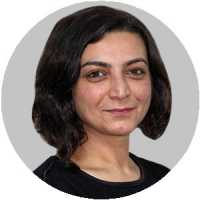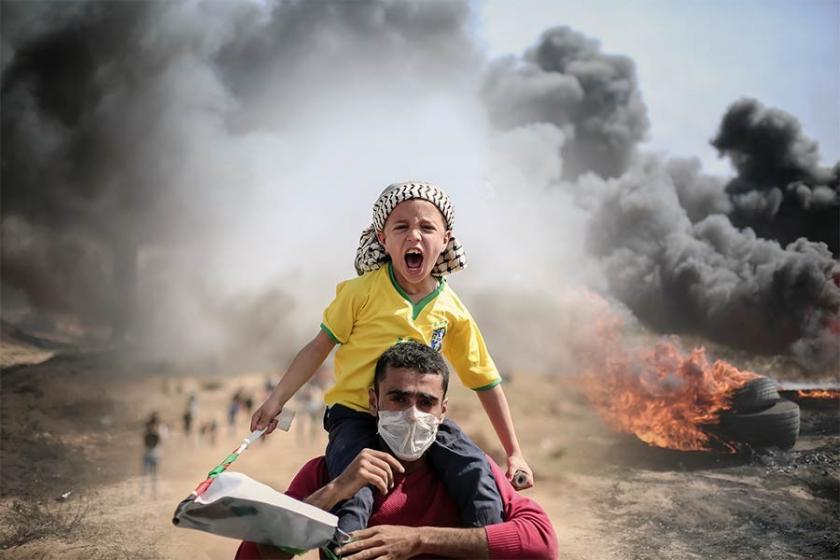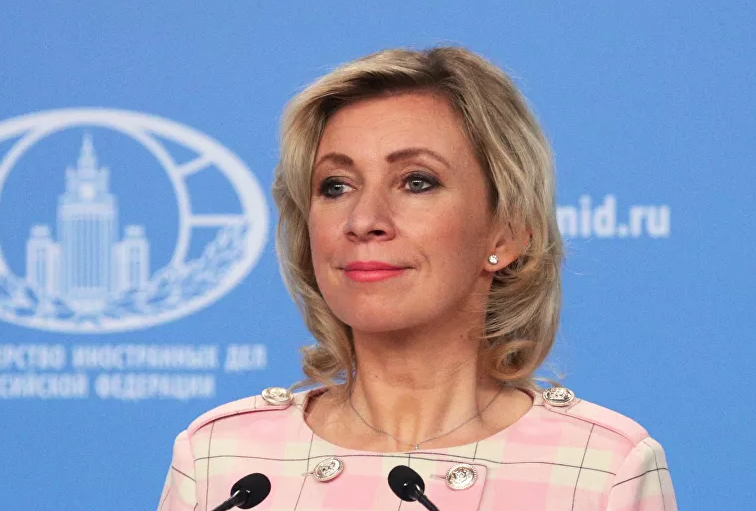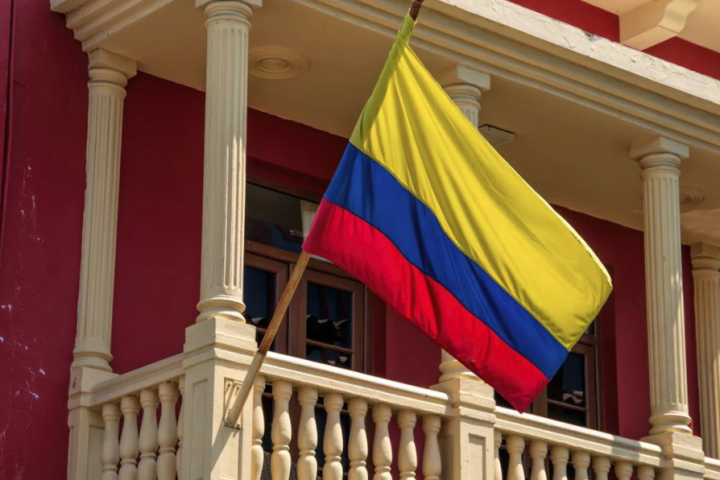
Israel’s indiscriminate bombardment on Gaza continue. The dead toll in Gaza is reaching 20,000, while the number of injured has surpassed 50,000. More than 20,000 children have been orphaned or abandoned. In Gaza, where hospitals are collapsing one by one, operations are being conducted without anesthetic, and photographs of the wounded’s wounds are being shared on social media. On the other hand, Gaza is no longer at the top of the international and Turkish media, but Israeli strikes appear to be continuing. According to the American press, the US is pressuring Israel to ‘end the attacks on Gaza by the end of the year’, while the Israeli side says that the attacks may continue for months. In short, Israel is telling the whole world that “The attacks on Gaza will not end until the HAMAS presence in Gaza ends, nor will the issue of Gaza end…”, but the West, which plays the role of the staunch defender of universal values, is silent. Although street movements and demonstrations continue, the power of those who take to the streets is not enough to change the pro-Israeli policies of their own governments. Although the United States, too, has not been indifferent to the reaction of the streets and a few other countries against Israel, Biden finally said that public support for Israel is on the decline, but Gaza has been the grave of thousands of people, more than half of them women and children; 85 percent of 2,300,000 people have been left homeless, hundreds of thousands of buildings have been destroyed, and infrastructure and superstructure have been damaged to the tune of millions of dollars. In fact, despite Biden’s statement, it is not clear whether the Western world, especially the US, will make radical changes in their policies.
The Arab world, on the other hand, is focused on Gaza, closely monitoring the Israeli offensive and feverishly discussing possible scenarios. This is because the Gaza and Palestinian issues directly affect the Arab world both socially, such as the displacement of hundreds of thousands of Gazans, and politically, such as the course of the Palestinian-Israeli conflict. In other words, for the Arab world, Gaza is an issue that affects not only the governments but also the streets. However, the Arab world has not yet moved beyond attempts, most of them temporary, to achieve a ceasefire and to provide humanitarian aid to Gaza, and it does not seem likely that it will do so. The Arab world has suspended relations with Israel for a while, but cannot afford to sever them completely. On the other hand, countries such as the Gulf states and Egypt are cold towards HAMAS due to its Muslim Brotherhood ties, while the Palestinian Authority, led by Mahmoud Abbas, which has become too unwieldy and corrupt, cannot be reformed in a short period of time.
In short, although the Gaza and Palestinian issues are of great concern to the Arab world, the Arab world is confused. The Arab press is still trying to predict how long Israel’s attacks on Gaza will last and to understand what the survival of Gaza will be after the attacks end. One of the most important but still unanswered questions is the survival of HAMAS, which of course varies depending on the side of the scenarios being discussed… The scenarios of Israel and the countries that support Israel are based on the vision of a Gaza completely cleansed and disarmed of HAMAS, while the Arab world wants a Gaza taken over by the Palestinian Authority. Turkey, on the other hand, seems to be acting on the basis of a scenario in which HAMAS is not destroyed and perhaps even triumphs.
The fact that countries that could be parties to the process are discussing possible scenarios while people are dying by the hundreds and thousands shows the deadlock that the Palestinian issue is in. The multiplicity among the Palestinians and the animosity between the movements is spreading from Palestine to the countries in the region.
What is Turkey’s policy on Gaza and Palestine in these circumstances, where hopes and predictions are mixed and scenarios of possibilities are intertwined? It is really difficult to understand. Immediately after the HAMAS attack on Israeli settlements, Turkey used a balanced tone and came to the fore with rhetoric that kept the door open to both Israel and HAMAS. In this context, Turkey was the only country to propose a concrete solution, such as guarantees, although there are question marks over its implementation. Ankara’s aim was, of course, to mediate between Israel and HAMAS, but Qatar and Egypt came to the fore and were even thanked. However, Ankara once again changed its foreign policy 180 degrees, not only announcing that it considers HAMAS as a resistance organization, but also raising its hand with statements ascribing sanctity to the organization such as mujahideen. It is possible to interpret Ankara’s change of policy, which seems to have taken the Palestinian Authority out of the equation, as a belief in a decisive victory for HAMAS, but when considered together with the upcoming local elections, it can be said that the Palestinian issue has also been turned into a domestic agenda item. How else to explain the support for HAMAS in the official discourse and in the media close to the government, especially when commercial, political, military and security relations with Israel are in full swing and Ankara refrains from taking any deterrent steps against Israel?
To return to the question of the title of this article; what is Turkey’s Gaza calculation? Is Ankara prepared for scenarios with or without Hamas? Apart from its high-pitched outbursts, does it at least take initiatives such as bringing Palestinian factions together and preparing a road map? What is Ankara’s opinion on the realism of the Two-State Solution option?
The article is translated from Turkish to English. main source: https://www.evrensel.net





